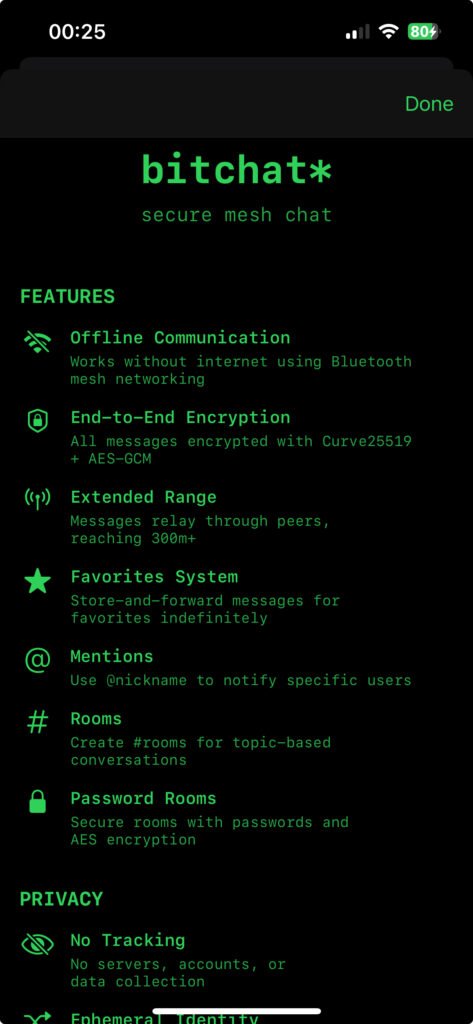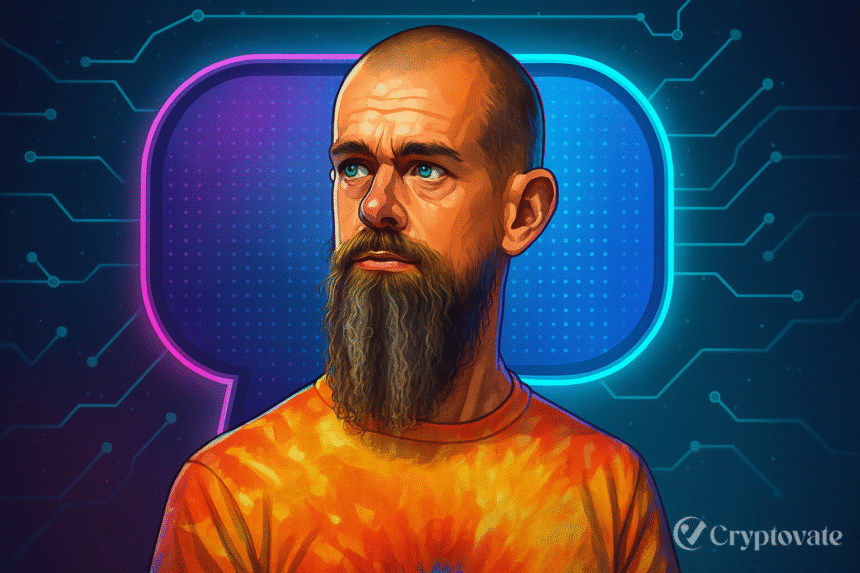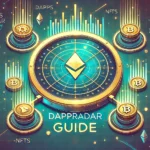– Ad –
| Getting your Trinity Audio player ready... |
Jack Dorsey, the innovative founder of Twitter and Block, has introduced a revolutionary new messaging platform called Bitchat. Launched recently, this decentralized messaging platform uses Bluetooth Low Energy (BLE) mesh networks to enable secure, offline communication without relying on the internet. Bitchat marks a bold step toward privacy-focused, censorship-resistant technology, aligning with Dorsey’s passion for decentralized systems. Let’s dive into what makes Bitchat a game-changer in the world of digital communication.
What Sets Bitchat Apart?
Bitchat operates on a peer-to-peer model, meaning no central servers or accounts are needed. This eliminates data collection and tracking, offering users complete control over their privacy. The app features end-to-end encryption using Curve25519 and AES-GCM, ensuring all messages remain secure and inaccessible to outsiders. With an extended range of over 300 meters, messages can relay through nearby devices, making it ideal for areas with poor connectivity or during emergencies.
One of its standout features is the store-and-forward system. Messages are saved for offline users and delivered when they reconnect, a handy tool for staying in touch without constant internet access. Users can also create topic-based rooms, secure them with passwords, and use nicknames with mentions to notify specific contacts. This blend of functionality and security echoes the early days of internet chat systems, giving Bitchat a nostalgic yet modern vibe.

Privacy at Its Core
Privacy is the heart of Bitchat’s design. With no servers, accounts, or persistent identifiers, it ensures an ephemeral identity—messages vanish from device memory by default. This lack of data collection sets it apart from traditional messaging apps that often rely on user data for profit. The app’s emergency wipe feature, activated with a triple-tap, instantly clears all data, adding an extra layer of security for users in sensitive situations.
Also Read: Why Robert Kiyosaki Hopes Bitcoin Crashes: A Bold Buying Strategy Revealed
Why It Matters
Bitchat’s launch comes at a time when privacy concerns are growing. Its ability to function offline makes it a lifeline in disaster zones or regions with internet blackouts. The decentralized nature also resists censorship, appealing to those seeking free communication. While still in beta and available via TestFlight, Bitchat’s open-source code on GitHub invites developers to contribute, hinting at a collaborative future. For a deeper dive into its technical details, check out the whitepaper.
This innovation builds on Dorsey’s earlier work with decentralized platforms, showcasing his commitment to user empowerment. The app’s design draws inspiration from his interest in resilient, intermediary-free systems, much like those explored in past projects focused on decentralized communication.
The Future of Bitchat
Though currently limited to Bluetooth, plans for WiFi integration promise greater range and bandwidth. As a beta project, Bitchat is still evolving, with potential for optimization and broader adoption. Its simplicity and focus on privacy could challenge existing messaging giants, especially in niche use cases like festivals or protests.
With its open-source nature and Dorsey’s influence, Bitchat could inspire a new wave of decentralized apps. Whether it becomes a mainstream tool or remains a niche solution, its impact on privacy and communication technology is undeniable.
FAQs
What is Bitchat, and who created it?
Bitchat is a decentralized messaging app launched by Jack Dorsey, designed for secure, offline communication using Bluetooth mesh networks.
How does Bitchat ensure privacy?
It uses end-to-end encryption, avoids servers and accounts, and offers ephemeral messaging with no data tracking or collection.
Can Bitchat work without the internet?
Yes, Bitchat relies on Bluetooth Low Energy mesh networks, allowing it to function offline with a range of over 300 meters.
Where can I try Bitchat?
Bitchat is currently in beta and available for testing via TestFlight, with its source code accessible on GitHub.

















